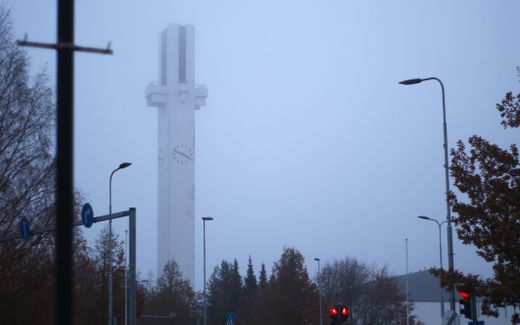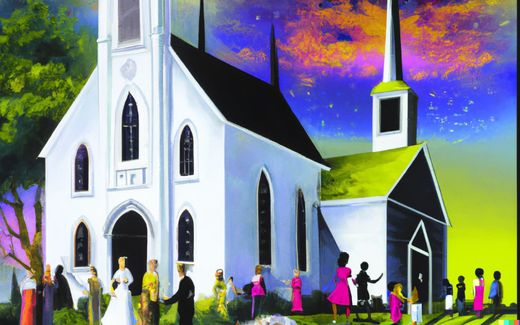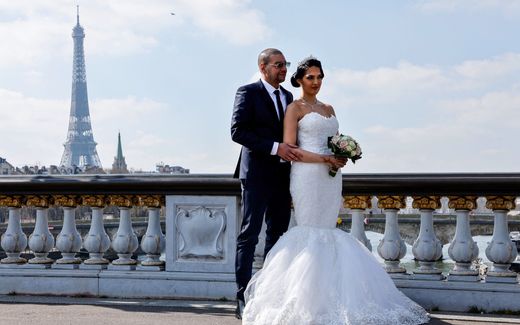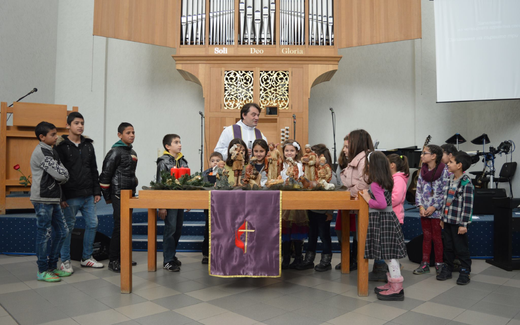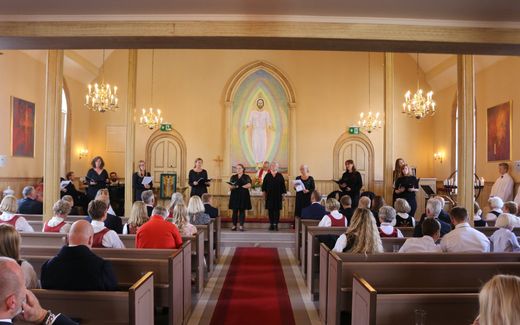“Finnish bishops introduce false teaching on marriage”, critical cleric says
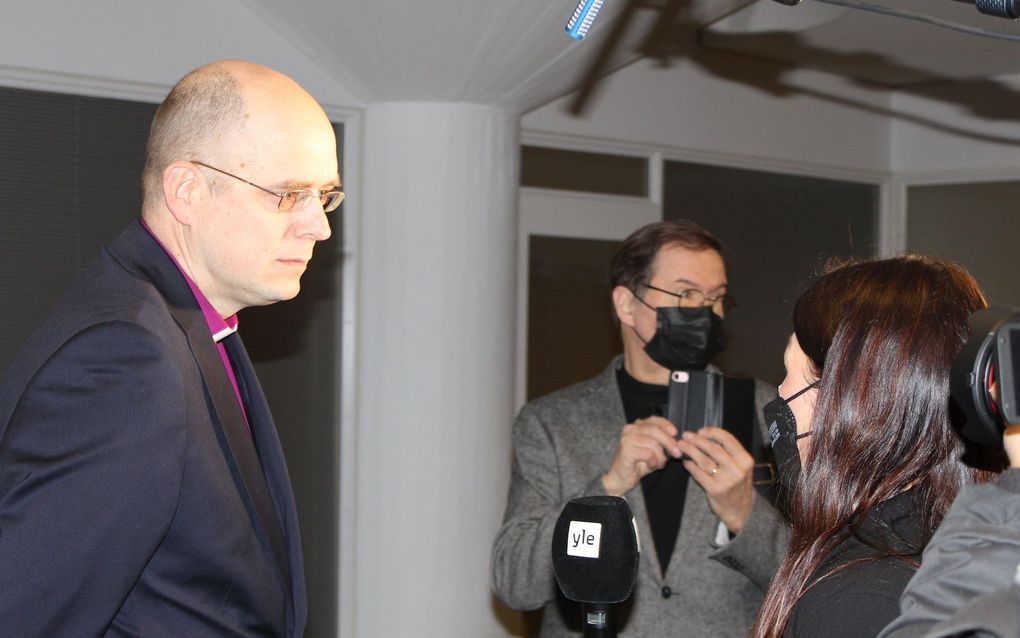
Bishop Juhana Pohjola firmly resists the new Lutheran teaching on marriage in Finland. Photo Janne Koskela
Northern Europe
False teaching. Actually, no less than heresy. That is what the independent Lutheran bishop Juhana Pohjola says about the proposal from the Finnish church to open the way for same-sex marriage.
The Evangelical Lutheran Church of Finland (ELCF) leaves the Biblical teaching about marriage. All priests who conduct those relations betray their ordination vows, the conservative Lutheran pastor says firmly.
The ten bishops of the national church tabled a proposal earlier this month to introduce a “parallel model of marriage”. In short, that means that the established church conducts not only the traditional marriage (man and wife) but also the new marriage with people of the same sex. The General Synod still has to approve this. The Synod has yearly sessions in May and November.
Pohjola hopes the Synod will vote against the bishops’ proposal. “There are still conservative pockets in the church, mainly from the several revival movements. They will oppose this. And since the bishops need three-quarters of the vote to introduce this, it might take a few years before it is accepted. But in the end, it will go.”
In a blog, Pohjola spoke out against the bishops’ direction. In an interview, he explains himself.

Pohjola is not new in the field of homosexuality. Together with MP Päivi Räsänen, he stands trial in a hate speech case against homosexuals. In 2004, his Luther Foundation published a booklet about the Christian view of marriage, in which homosexuality was rejected as unbiblical. Later this year, the case will go for appeal to the Supreme Court of Finland in Helsinki.
What is wrong with the bishops’ proposal?
“It is not honest and not faithful to the church’s teaching of marriage. The Bible says marriage is between a man and a wife and presents that as an exclusive relationship. Other models are wrong and sinful.
The church presents an alternative model along with this. That is against the ordination vows of the bishops. Their task is to educate the truth and to reject false teaching. They do not do that here.”
Why do you think this is against the Biblical teaching?
“Marriage belongs to the natural law, sanctified by Scripture and prayer. Genesis already shows that the bond between man and wife comes out of the creation. They are physically made for each other and become one flesh. They are open to receiving children, too. In that, they reflect the trinity of God.
This is not only a theological matter. It is a question of what a human being is. Families are given to raise children. To let go of this has far-reaching consequences. The new idea of the self-identified sex goes against the order of creation. This is different from the Biblical teaching.”
The Finnish church presents a second model parallel to the traditional view. Why do you say this is not possible?
“In all cultures, traditional marriage is an order of creation and a way to live together and raise children. Not only in Christian cultures.
The rainbow model seems nice but is, in fact, an opposing concept. And the church can never legalise two opposing views. You chose the one or the other.
In the end, of course, it will be one model because the parallel model will be seen as discriminatory. Everybody who says that homosexual practice is a sin will be silenced. The bishops’ idea of respectful dialogue will not work. You see that also in society.”
The bishops say this is a means to keep the church’s unity. Is that not the bishops’ task?
“Of course it is. But unity is not a man-made thing but the gift of God.
The bishops only try to keep the church together outwardly. But they break the unity with the generations from the past. And they separate from the majority of Christian churches all over the world. All the big denominations, like the Anglicans and the Methodists, split around same-sex marriage.
The bishops are not serving unity here but defending a sectarian position. That is dangerous. It is not the voice of a good shepherd.”
Church in Finland
The Finnish state opened marriage for homosexuals in 2017. Since the established Lutheran church conducts marriage officially, some priests were already active in blessing those relationships. However, the church did not allow them to do that.
Around 65 per cent of the population is connected to the ELCF. That differs greatly from the second established church: the Finnish Orthodox Church (affiliated with the Patriarchate of Constantinople). This denomination accounts for less than 1 per cent of the Finnish population.
In your blog, you say this could open the way to polyamory as well. How do you see that?
“If you open up the concept of marriage in the church, why would you stop there? In Finland, there is a discussion about arranging for polyamorous relations. In ten years, it might be in parliament to make this legal. If you have opened the concept of marriage already, the logic is that you will accept the next step, too. Especially if there is so much pressure from the culture, media, politics and even bishops.”

The story reminds Pohjola of the history of the women’s ordination in 1986. “Also then, the idea was that you could favour both positions. But this appeared to be a pious lie because, in the end, nobody could get ordained unless you would be willing to ordain women’s priests.
This is how all heresy enters the church. First, it says that it wants a respectful dialogue. But as soon as it is accepted, it claims exclusivity. This is the reason why we broke away from the national church. Our people could not get ordained. We try to continue the old church with the Evangelical Lutheran Mission Diocese.
Also, now, faithful members of the national Lutheran church, like Mrs Päivi Räsänen, doubt remaining a member of this church. All Bible-believing Christians are forced to take a position. That is a big deception.”
The free Lutherans
The Evangelical Lutheran Mission Diocese (Lhpk) was formed in 2013 as an alternative for the national Lutheran church. It has 40 parishes with 2500 members.
The Mission Diocese is connected to the International Lutheran Council (ILC), of whom bishop Juhana Pohjola is the chairman. This international network consists of 55 churches on five continents with around 7 million members and functions as a conservative counterweight of the Lutheran World Federation.
Related Articles


